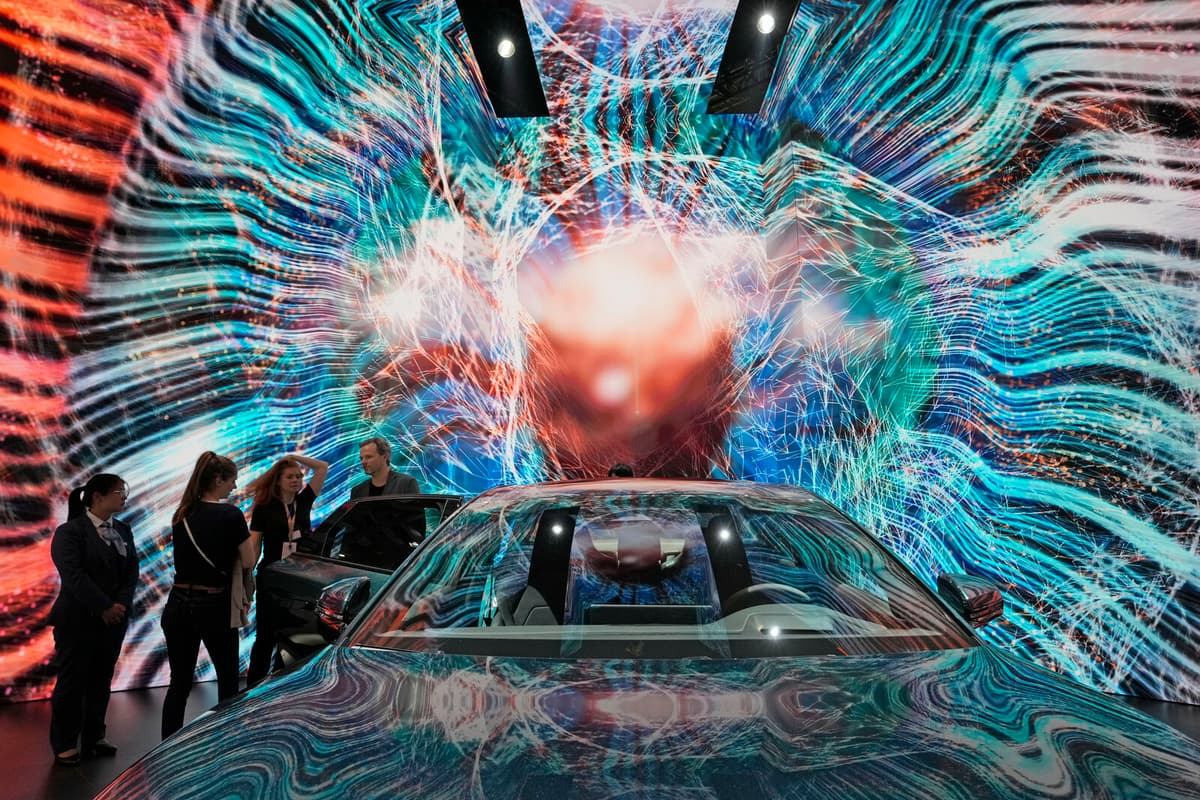The German automotive industry is on its knees, and electrification is starting to look like an existential crisis for large parts of the industry across Europe.
I think it will take several years – maybe three, four years – to turn the trend around, says Ferdinand Dudenhöffer, director of the CAR institute in Bochum, Germany, to TT.
"Then you have to go to China"
Much is at stake. There is a risk that European players will be knocked out.
It's a risk. The solution to this is to get close to China, he says.
The scale is in China, and if you want to be competitive in the car market, you need to have this. Then you have to go to China, he adds.
The strategy is no miracle cure. And it's already obvious to many players. The German automotive industry has over 50 percent of its sales in China today. And Gothenburg-based Volvo Cars, together with Polestar, is part of the Chinese automotive empire Geely.
But investments in China need to increase, and European car manufacturers need to regain market shares there, believes Dudenhöffer.
This applies not only to electrification but also to the development of software and autonomous systems. The Chinese are making great progress in these areas as well, he says.
Low costs, dynamic companies, and access to user data are other advantages in China, according to the professor.
China will dominate the car market for the next twenty years, says Dudenhöffer.
And in just ten years, he expects China to be a larger car market than the US and Europe combined.
European car manufacturers can use China to catch up with Tesla and BYD and build up their competitiveness.
Questions whether Northvolt will survive
When it comes to battery manufacturer Northvolt, the professor sees major risks.
There are strong Chinese battery manufacturers – and South Korean, like Samsung. They have very stable production lines and have already started making large investments in next-generation electric vehicle batteries.
Northvolt and European battery manufacturers are focusing on existing technology.
An unstable production process and quality problems characterize Northvolt, according to Dudenhöffer.
Northvolt is in a difficult situation. The next two or three years will show whether they will survive in the future. It looks very tough.
And even if Northvolt resolves acute production problems, the risks are great.
How will they compete with the Chinese, who have all the scale advantages in place? That's the big question. And it's hard to answer.
Electric vehicle sales in the EU have stalled, according to new car registrations compiled by the industry organization ACEA. The share of battery-electric vehicles in August was down to 14.4 percent of new car registrations, according to ACEA. A year ago, the share was 21 percent.
Total new registrations of electric vehicles in the EU amounted to 92,627 cars in August, a decrease of 44 percent compared to a year earlier.
The decline is particularly pronounced in Germany, where the decrease in August was 69 percent. But France also had a significant decline of 33 percent.
During the first eight months of the year, 902,011 electric vehicles were registered in the EU – 12.6 percent of the total number of new registrations.






